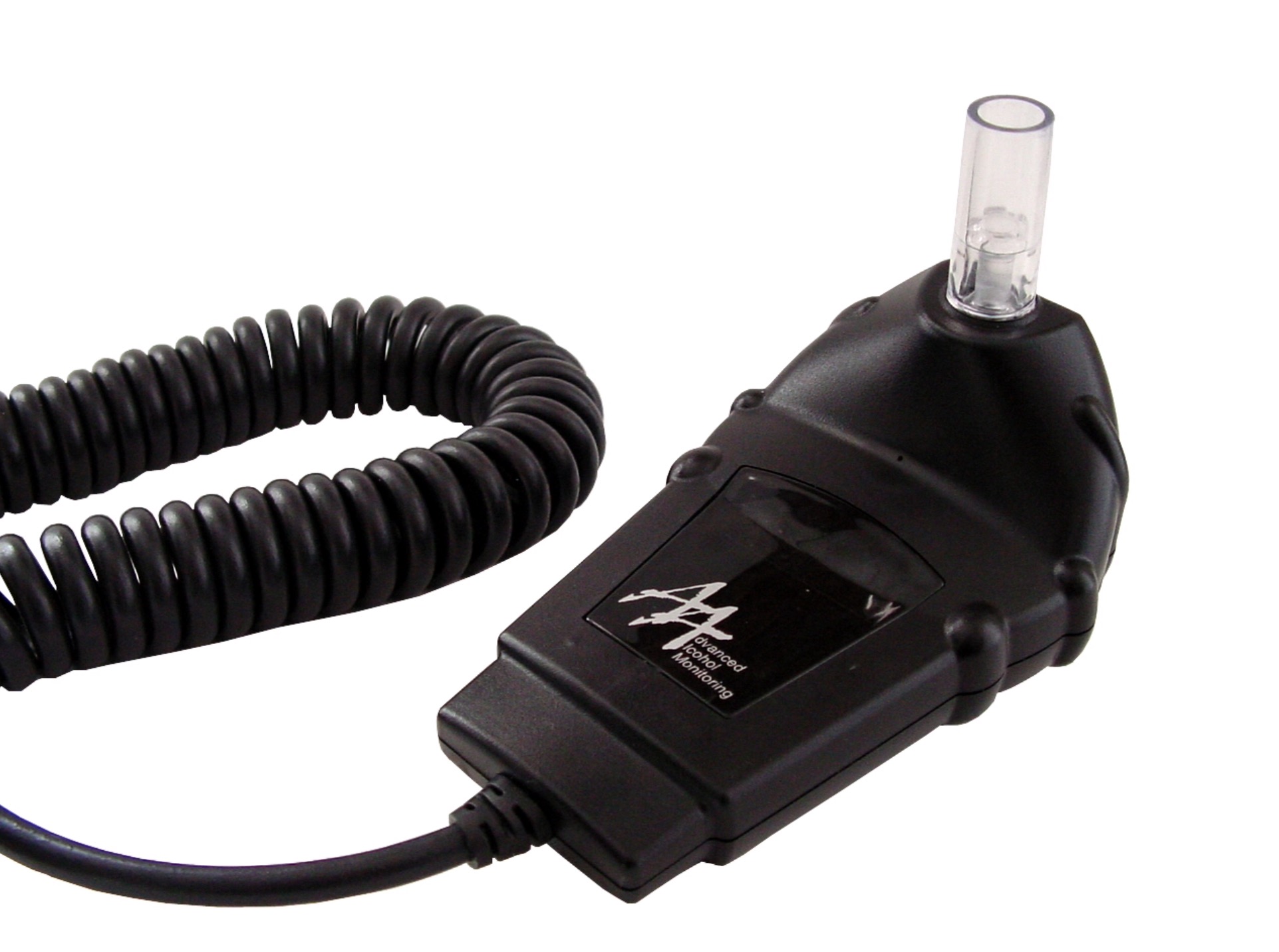There is a tendency of legislative bodies to bemoan decisions of the courts that interpret and sometime alter the intent or meaning of the law. But, in almost every case where that may be have happened, there has been a strong element of either changing of society or of technology that has made it necessary to act. When the courts have acted, they have previously warned of inequities while upholding existing law. And, quite often, the legislatures have attempted to act, but for lack of sufficient time to investigate, discuss and come to an agreement, have failed to act. This can lead to antiquated laws which often no longer make sense, leading to disrespect for the law, and worse, unintended and unjustified consequences. It’s an ongoing process, which has been accelerated by advances in technology as well as threats from within and without our borders.
Examples of this aging of existing laws are everywhere which makes prioritizing this process essential. The laws involving DUI, while clearly necessary, continue to require fine tuning. The existing laws involving refusal to take lawfully requested tests by peace officers, operating vehicles by under aged drivers who have ingested alcohol, and drivers who have metabolite of marijuana in their bodies are all in need of review and adjustment.
Reducing the ramifications of a refusal to comply with a lawfully based request to take a blood alcohol or drug test which include 18 months loss of operator license on a first refusal and 36 months on a second refusal is worthy of review and action. Existing laws were created at a time when it was necessary to go to a signing judge’s home, present an extensively drafted affidavit and warrant for blood draw, return to the jail or police station, await the arrival of the a legally qualified phlebotomist and then proceed with the draw. All of this wasted significant time of the officer, the judge, and provided the driver with an extended time for alcohol dissipation, during which the level could drop below the proscribed amount of .08. Hence, there may have been justification to take the offender’s driving privilege away for 4 1/2 times as long than if consent had been given in the beginning. However, with new technology, the time for obtaining the search warrant has been reduced from up to two hours to what is realistically 10 to 20 minutes. Because of affidavit and warrant templates, email and electronic signatures, as well as every department having either a department or neighboring department phlebotomist on staff the time, energy and resources used there is minimal advantage gained in refusing out right or refusing because of confusion. And there is often confusion, not deliberate refusal, because while the reasoning may be right that drivers can’t make good decisions while driving with a certain level of alcohol in their bodies, its contrary to that same reasoning to believe the same person can understand the intricacies of the laws relating to their license, DUI, and implied consent in the very brief time frame officers afford them to make up their minds on providing breath or blood samples. It is time for the Legislature to review and revise the punishment for refusal to 6 or 8 months from the existing 18 months in a 1st offense refusal, and to 24 months from 36 months in a 2nd offense refusal.
Alternatively, require an ignition interlock on all refusals, remove the extended suspension altogether and/or institute the regular suspension time of 4 months on a 1st and 24 months on a 2nd, and require an ignition interlock on all refusals. In the end, both options continue to keep the roads safe and avoid the possibility of an offender losing his/her license and therefore education, job, and marriage and creating real reasons for the offender to continue drinking, and worse to increase their drinking.
